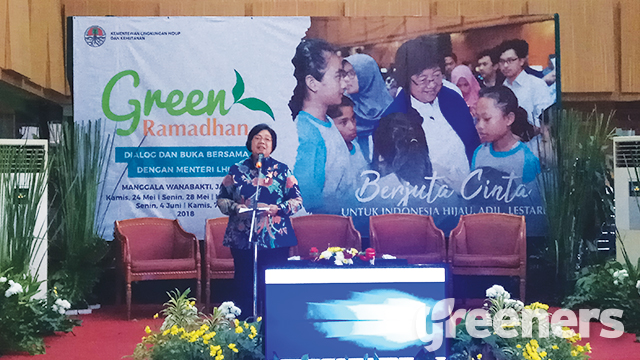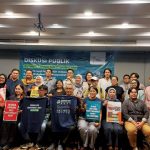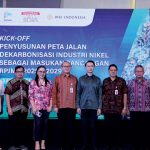Jakarta (Greeners) – Minister of environment and forestry Siti Nurbaya on Thursday acknowledged the roles of waste pickers and waste banks in the country’s effort following recent regulation on household waste management.
“We have to appreciate waste pickers for supporting government’s works voluntarily. Currently, there are two organizations to facilitate these waste pickers, Indonesian Waste Pickers and Waste Stall Owners Association (APPI) and Indonesian waste pickers affiliation (IPI),” said Nurbaya in Jakarta.
Based on data from the ministry, five million waste pickers in 25 provinces in Indonesia contribute to waste recovery back in the housing areas and landfills.
“We hope for public participation to reduce national waste from its source for 30 percent,” she said.
READ ALSO: President Widodo Signed Waste-To-Electricity Presidential Regulation
Up to date, based on the affiliation’s data in 2018, waste recovery for recycling can cover for 420 tons of waste per day. Nurbaya said that it is a huge potential to include waste pickers in landfills to reduce the volume.
“Waste banks can also reduce 20 tons in few months and they are quite effective,” she said. “Government also encourages to turn waste into energy.”
READ ALSO: Lack of Attention on Circular Economy for Waste Management
Currently, there are 5,244 waste banks in 31 provinces and 218 districts or cities in Indonesia, with a total of 174,904 participants. In addition, there are 722 communities concern with waste management issue. The ministry recorded the contribution of waste bank to reduce national waste was 1.7 percent in 2017.
“I also learn from other countries and this waste bank method does not apply in other countries. It must be regulated, in the terms of facilitated by government. People’s movement has been encouraging is social capital, not just the mechanics to reduce waste but also establish lifestyle, such as productivity, working in collaboration, efficiency and rationality,” she said.
People’s participation is aimed to support the 2017 presidential regulation on household and similar to household waste management.
Reports Dewi Purningsih



















































